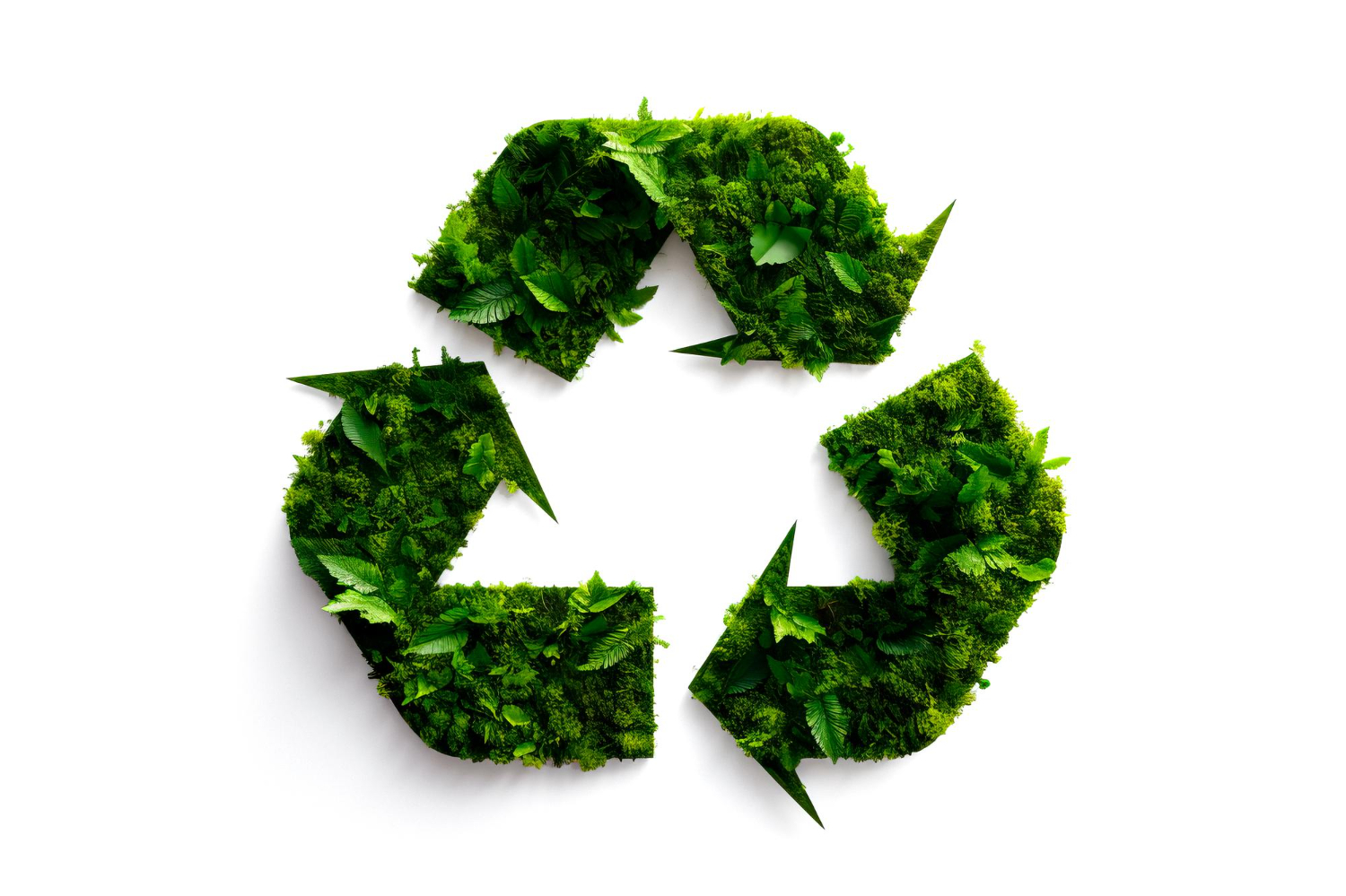
Achieving a high level of efficiency is essential for your business. It allows you to produce more products or services at a lower cost and ensures that your operations run smoothly. Lean manufacturing, utilizing advanced production planning systems, conducting waste audits, and using energy-efficient appliances are just some strategies for increasing operational efficiency.
Table of Contents
Reduced Risk
Using sustainability reports in waste management reduces the risks associated with waste disposal. These risks include land contamination from improper landfill operations, greenhouse gas generation (leaking or decomposing waste), and water and soil pollution from hazardous chemicals and materials. Additionally, sustainable waste management can reduce the impact on natural resources. In addition to reducing operational costs, it can improve brand image and foster stakeholder trust. Stakeholders increasingly seek out companies dedicated to sustainable practices, and accurate reporting can showcase this dedication. This can positively impact the company’s reputation and brand image, which can help with customer retention and employee recruitment. Sustainable waste management is an integral part of many organizations’ ESG strategy. In particular, the GRI 306 Standard helps them understand their impacts related to waste, including those resulting from a product’s end of life or disposal. If you’d like to learn more about the requirements for this Standard, click here.
Increased Employee Satisfaction
As environmental concerns continue to rise, more organizations are including sustainability-related goals in their corporate social responsibility programs. While these programs are relatively straightforward, companies that invest in accurate waste reporting can realize long-term operational advantages due to cost savings from reduced waste disposal and optimized resource utilization. Effective and transparent tracking of waste-related data in sustainability reports can help businesses meet regulatory requirements while boosting employee morale, engagement, and action. Employees are increasingly seeking sustainable business practices that reflect their environmental values, and using comprehensive and accurate waste reports can showcase this commitment to responsible business practices. Reducing the amount of waste a company generates by eliminating unnecessary or infrequently used items, such as paper and paper products (which comprise a significant portion of MSW), can have an enormous impact. For example, changing printer settings to print double-sided or switching to reusable cups can significantly reduce your organization’s paper and plastic waste. Reusing and recycling existing materials extends their valuable lives, thereby delaying or even avoiding the need for disposal.
Improved Sustainability Reporting
Sustainability reporting is a common practice that provides insights into the company’s environmental impact. It reveals how businesses manage and mitigate their waste’s environmental impact while ensuring that they comply with all applicable laws. This complex process requires extensive data collection, often spread over a long period. It’s also manual, resulting in a high level of error that can negatively affect the overall accuracy and reliability of the information reported. Streamlined tracking and reporting processes help mitigate these issues while saving businesses valuable time and resources. In addition, sustainability reporting offers numerous opportunities for companies to improve their transparency and build trust with stakeholders. This is particularly important as current trends indicate that expanding transparency and demonstrating benevolence are the best ways to cultivate a good reputation.
Improved Financial Performance
Using sustainability reports to identify opportunities for waste reduction and recycling programs can result in significant financial gains. Businesses can improve their bottom line by reducing costs associated with waste disposal, materials procurement, and staff resources. This is achieved by implementing closed-loop programs, allowing all byproducts to be repurposed and recycled rather than sent to landfills or incinerators.
In addition, companies that focus on sustainable practices are often eligible for tax breaks and incentives and can access grants to help cover the cost of implementing sustainable initiatives. They can also mitigate the risk of fines or penalties from regulators by demonstrating compliance with environmental regulations. By minimizing resource consumption, businesses can save money on energy and waste disposal and reduce the risk of regulatory violations. The first step toward this goal is limiting the amount of products produced and shipped, which means choosing sustainable ingredients and packaging materials and avoiding single-use or disposable goods. Additionally, effective waste tracking and reporting can unearth insights that can lead to innovations in repurposing or developing new products from materials that were previously considered waste, thereby contributing to the shift towards a circular economy.
Increased Customer Satisfaction
In an era when corporate social responsibility is increasingly important, customers, investors, and employees demand that companies be transparent about their environmental efforts. Accurate waste reporting showcases a business’ commitment to sustainability, fostering trust and improving brand image. Waste tracking and monitoring systems allow businesses to track waste reduction efforts, resulting in operational improvements and cost savings. These systems also enable businesses to meet regulatory requirements, reducing the risk of legal repercussions. Companies prioritizing using recyclable and reusable materials reduce waste volume, landfill disposal fees, and raw material costs. This allows them to be more environmentally responsible and provides a competitive advantage. To maximize efficiency, consider a comprehensive assessment of your current recycling and diversion practices, identifying additional opportunities for waste prevention. This may require examining your office waste streams, trash cans, and dumpsters and reviewing water and energy usage trends. Ensure your data collection and analytics are robust with a modern, flexible business intelligence solution. This can speed up your analysis, simplify your reporting, and convey insights with greater accuracy.


